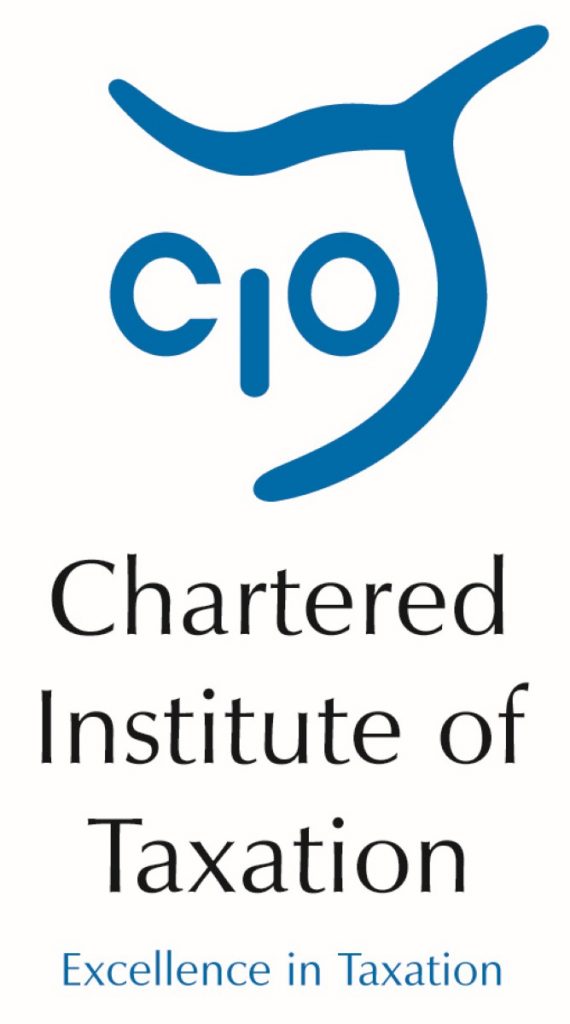The Low Incomes Tax Reform Group (LITRG) has urged the Taylor Review of employment practices to recommend a comprehensive reassessment of the relationship between taxation and the growth in non-standard work, such as people working in the ‘gig economy’.
The Review – which is being chaired by RSA Chief Executive Matthew Taylor – is focusing on employment law and practice and not taxation. Accordingly, LITRG is concerned that the Government may struggle to comprehend the changing nature of work or even make substantial changes to employment practices on the back of the Review, without first analysing the intertwined relationship between employment law and tax.1
For example, statutory payments such as sick pay or maternity pay are often thought of as employment law ‘rights’ but are actually dependent on whether there is a ‘secondary contributor’ (that is, someone that pays Employers’ National Insurance). In cases where a worker is paid and taxed as self-employed, as those who work in the ‘gig economy’ often are (whether or not they are a ‘worker’ for employment law purposes), there will not be a secondary contributor – and therefore no sick pay for them.2
Anne Fairpo, Chair of LITRG, said:
“The Taylor Review should not be seen as a comprehensive review of employment practices, because its terms of reference do not include tax. In our view you cannot understand one without the other. We think that a comprehensive review of tax and related issues and non-standard work should be carried out as a matter of urgency and hope that such a recommendation is made by Matthew Taylor and his panel.
“Exploitation of workers often manifests itself in problems with their tax and National Insurance Contributions such as employers not paying over withheld amounts of Pay As You Earn (PAYE) to HMRC. Even where there is no legal wrongdoing as such, minimising tax or trying to avoid HMRC administration is often a factor in terms of employers offering non-standard forms of work, for example, zero hours contracts or temporary positions over full-time, permanent, direct employment.
“Not only can this type of work make workers’ lives insecure and unfulfilling but there is a huge knock-on effect on public finances, with much of the welfare system funded from general taxation – surely a longer term consideration when thinking about a worker’s security.”
LITRG is also concerned about a lack of synergy in that there are just ‘employed’ and ‘self-employed’ categories in taxation but three categories in employment law: ‘self-employed’, ‘worker’ and ‘employed’. The complexity and inconsistency of these status tests are a huge cause for concern for LITRG when thinking about low income workers and undoubtedly one of the reasons confused workers miss out on their rights.3
The Taylor review is looking at security, pay and rights, progression and training, the balance of rights and responsibilities, representation, opportunities for under-represented group and new business models.
Notes for editors
1. An Independent Review of Employment Practices in the Modern Economy, known as the Matthew Taylor review, was commissioned by the Prime Minister in October 2016. Matthew Taylor, Chief Executive of the Royal Society for the encouragement of Arts, Manufactures and Commerce (RSA), leads the review. The report will not be published until at least after the General Election.
LITRG’s recent submission to the review can be read here.
2. Entitlement to Statutory Sick Pay depends on whether an individual is treated as an ‘employed earner’ under social security legislation, is liable to pay Class 1 National Insurance and has weekly earnings that exceed £113. Workers paid through PAYE (for example, this would usually include agency workers and zero hours contracts workers) will be entitled provided they meet the earnings criteria, however those in dependent self-employment, such as those working in the ‘gig economy’, will not be – regardless of their level of earnings. This is because these people are usually treated as self-employed for tax purposes and so are paid gross.
Another example of the way tax and employment law are intertwined: A person’s tax credits or Universal Credit (UC) status may follow their tax status; so if a person is treated as self-employed for tax purposes, then this means they may be treated as self-employed for tax credits or UC purposes, but because there are some distinctions in the respective rules this rule of thumb cannot always be relied upon. Both DWP for UC and HMRC for tax credits say they are not bound by any decision made by HMRC in respect of tax. The rules for the self-employed tend to be less generous/more burdensome than for employees.
3. In its submission to Matthew Taylor, LITRG also repeated a recommendation that it gave to a recent Department for Business, Energy and Industrial Strategy (BEIS) review into The future world of work and the rights of workers. LITRG suggests individuals should be treated as ‘workers’ unless the engager of their labour can prove otherwise: Default ‘worker’ status a smart move, says LITRG.
4. Low Incomes Tax Reform Group
The LITRG is an initiative of the Chartered Institute of Taxation (CIOT) to give a voice to the unrepresented. Since 1998 LITRG has been working to improve the policy and processes of the tax, tax credits and associated welfare systems for the benefit of those on low incomes.
The CIOT is the leading professional body in the United Kingdom concerned solely with taxation. The CIOT is an educational charity, promoting education and study of the administration and practice of taxation. One of our key aims is to work for a better, more efficient, tax system for all affected by it – taxpayers, their advisers and the authorities. The CIOT’s work covers all aspects of taxation, including direct and indirect taxes and duties. The CIOT’s 18,000 members have the practising title of ‘Chartered Tax Adviser’ and the designatory letters ‘CTA’, to represent the leading tax qualification.
Contact: Hamant Verma, External Relations Officer, 0207 340 2702 HVerma@ciot.org.uk (Out of hours contact: George Crozier, 07740 477 374)





-01.png)